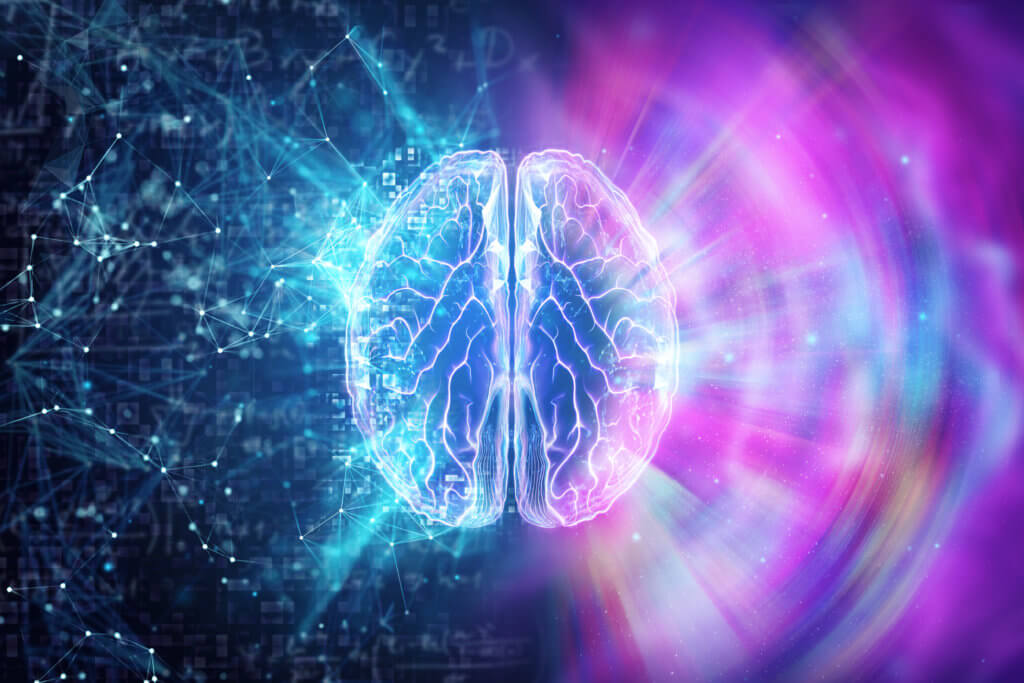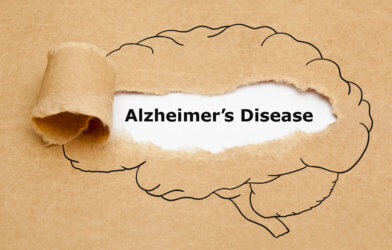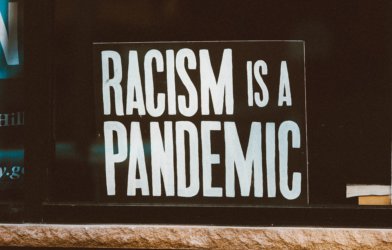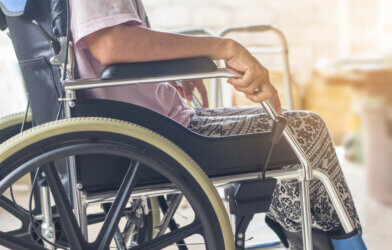In today’s fast-paced and increasingly disconnected world, feelings of loneliness and social isolation have become all too common. While we often think of loneliness as an emotional state, new research from UCLA Health suggests that it can have profound effects on our physical health as well, particularly when it comes to our eating habits and risk of obesity.
The recent study published in JAMA Network Open sheds light on the complex relationship between perceived social isolation, brain function, eating behaviors, and mental health. Scientists found that individuals who reported feeling lonely exhibited differences in how their brains responded to food cues compared to those who felt more socially connected.

“Researching how the brain processes loneliness and how this is related to obesity and health outcomes hasn’t been done,” says senior study author Arpana Gupta, a researcher and co-director of the UCLA Goodman-Luskin Microbiome Center, in a media release.
Using functional magnetic resonance imaging (fMRI), UCLA Health researchers observed that when shown images of food, especially sweet treats, the brains of lonely individuals showed heightened activity in regions associated with processing internal states, such as hunger and appetite, as well as increased attention and motivation toward external food cues. At the same time, brain areas responsible for exerting self-control and making healthy decisions showed decreased activity.
This imbalance in brain function may help explain why people who feel socially isolated are more likely to engage in unhealthy eating behaviors, such as having intense food cravings, using food as a reward, and even displaying signs of food addiction. The study found that these altered brain responses were associated with a higher body fat percentage in lonely individuals.
But the impact of loneliness goes beyond just physical health. Researchers also discovered that the brain changes linked to social isolation were associated with poorer mental health outcomes, including increased anxiety and reduced positive emotions and psychological resilience. This suggests that loneliness may create a vicious cycle, where unhealthy eating behaviors are used as a coping mechanism for dealing with the negative feelings that arise from feeling disconnected from others.
“These findings are interesting because it provides evidence for what we intuitively know,” explains Dr. Gupta. “When people are alone or lonely, it impacts more than how they are feeling; they underreport what they eat, their desire to eat, and their cravings especially for unhealthy foods.”
So why might feelings of loneliness lead to such dramatic changes in brain function and behavior? One theory is that when we feel socially isolated, our brains may enter a sort of “self-preservation mode.” This heightened state of vigilance and reactivity could drive us to seek out quick sources of comfort and energy, such as sugary or high-calorie foods. Over time, this pattern of eating can lead to weight gain and increase the risk of obesity-related health problems.
“If you have more cravings, you eat more and may have more anxiety or depression, which may lead you to eat more,” says study lead author Xiaobei Zhang, a postdoctoral researcher at UCLA Health Sciences.
The findings of this study underscore the importance of addressing the growing problem of loneliness and social isolation in our society. While it may be tempting to turn to food for comfort during times of stress or loneliness, it’s crucial to find healthier ways to cope with these feelings and maintain social connections.

Some strategies that may help combat the negative effects of loneliness on health include:
- Reaching out to friends, family, or support groups for social interaction and emotional support.
- Engaging in regular physical activity, which can boost mood and reduce stress.
- Practicing mindfulness or meditation to help manage negative emotions and cravings.
- Focusing on eating a balanced, nutritious diet and avoiding using food as a coping mechanism.
- Seeking professional help, such as therapy or counseling, if feelings of loneliness or unhealthy eating behaviors become overwhelming.
By understanding the complex interplay between our social environment, brain function, and eating behaviors, we can develop more effective interventions to promote both physical and mental well-being. This study serves as a reminder that taking care of our social needs is just as important as taking care of our bodies when it comes to overall health and happiness.













No wonder I struggle with my diet. I’m lonely!! 🥺
It’s not just loneliness. I am a big guy, slimming down using intermittent fasting, OMAD, and 3 day water fasts. I’m not lonely. I’m married and have friends, sons, and very active. Social gatherings at a restaurant, social eating, bored snacking, late night firmware updates and patching servers in the datacenter for work, that is what got me. I used to drink a 2-litre bottle of Mountain Dew to stay awake patching systems at 2am. 20 years late night on call work did me in. My wake up call was when my Dr. wanted to put me on meds to reduce glucose and lose weight. I said “Have you read the possible side affects ? No way!”, and started my fasting regimen.
Now that I am one month into it I realize we really don’t need to eat three meals per day. Two meals would be plenty and not eating past 3:30pm and no coffee or drinks past 6:30pm
I think the stud needs to be done again. I believe the lonely people ate because they were bored, not lonely.
I have found, albeit anecdotally, that every obese person I know experienced considerable physical, psychological or sexual abuse as a child. They self-medicated with food simply because they were too young to access drugs or alcohol. Loneliness, if experienced as an adult, had more to do with the weight itself.